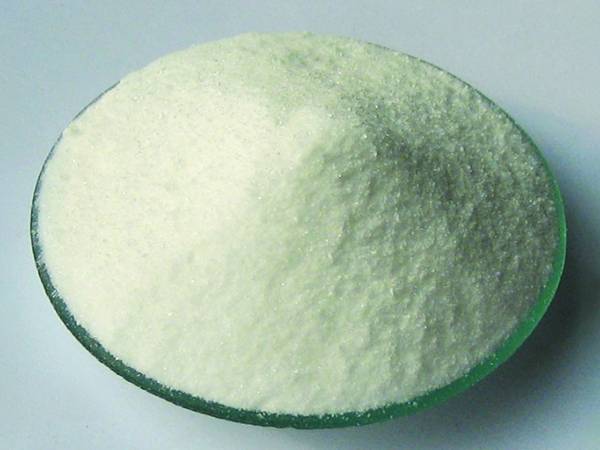



sodium bisulfate allergy
Understanding Sodium Bisulfate Allergy
Sodium bisulfate, also known as sodium hydrogen sulfate, is a chemical compound commonly used in various industries, including food processing, pharmaceuticals, and water treatment. It serves as a pH regulator and a food preservative, enhancing flavor and preventing spoilage. While sodium bisulfate is generally recognized as safe, some individuals may experience allergic reactions to this compound. Understanding sodium bisulfate allergy, its symptoms, causes, and management is crucial for those who might be sensitive to it.
What Causes Sodium Bisulfate Allergy?
Allergic reactions typically occur when the immune system mistakenly identifies a harmless substance as a threat. In the case of sodium bisulfate, the body may react to it as it would to a pathogen, leading to the release of chemicals like histamines. Although true allergies to sodium bisulfate are rare, some individuals may be sensitive or intolerant to its effects. Sensitivity may arise from overexposure or previous reactions to similar compounds, especially sulfur-containing chemicals.
Symptoms of Sodium Bisulfate Allergy
The symptoms of a sodium bisulfate allergy can vary widely, depending on the individual and the severity of their reaction
. Common symptoms may include- Skin Reactions Hives, rashes, or eczema may develop after exposure to sodium bisulfate. These skin conditions are often accompanied by itching and redness. - Respiratory Symptoms Individuals may experience nasal congestion, sneezing, difficulty breathing, or asthma-like symptoms due to inhalation of sodium bisulfate particles. - Gastrointestinal Distress Ingesting products containing sodium bisulfate may lead to nausea, vomiting, or diarrhea in sensitive individuals. - Anaphylaxis In rare cases, individuals may experience severe allergic reactions leading to anaphylaxis, a life-threatening condition that requires immediate medical attention. Symptoms of anaphylaxis include difficulty breathing, swelling of the throat, rapid heartbeat, and a drop in blood pressure.
sodium bisulfate allergy

Diagnosis and Management
Diagnosing a sodium bisulfate allergy can be challenging, as the symptoms may overlap with other allergies or intolerances. Individuals who suspect they have an allergy should consult with a healthcare provider or an allergist. Skin tests or blood tests may be conducted to determine sensitivity to sodium bisulfate.
Managing a sodium bisulfate allergy primarily involves avoidance. It is essential for sensitive individuals to read labels carefully and avoid food or products containing sodium bisulfate. People working in environments where sodium bisulfate is used should take precautions, such as wearing protective gear, to minimize exposure.
In cases of mild allergic reactions, over-the-counter antihistamines may help alleviate symptoms. However, for those at risk of severe reactions, carrying an epinephrine auto-injector is advisable.
Conclusion
Sodium bisulfate allergy is not commonly reported, but it remains a concern for individuals with sensitivity to this compound. Awareness of symptoms, causes, and management strategies can empower individuals to avoid allergic reactions. As with any allergy, education and precaution are key to ensuring safety and maintaining a healthy lifestyle. If you suspect an allergy, consulting a healthcare provider is crucial to receive appropriate guidance and support.
-
Why Strontium Carbonate Still MattersNewsJun.06,2025
-
Why BaSO4 MattersNewsJun.06,2025
-
Why Barium Carbonate Still MattersNewsJun.06,2025
-
Strontium Hydroxide: A Versatile Compound for Modern ApplicationsNewsJun.06,2025
-
Strontium Chloride in Daily IndustryNewsJun.06,2025
-
Pure Potassium Nitrate for SaleNewsJun.06,2025
-
What Is Sodium Bisulfate Used For?NewsMay.15,2025










